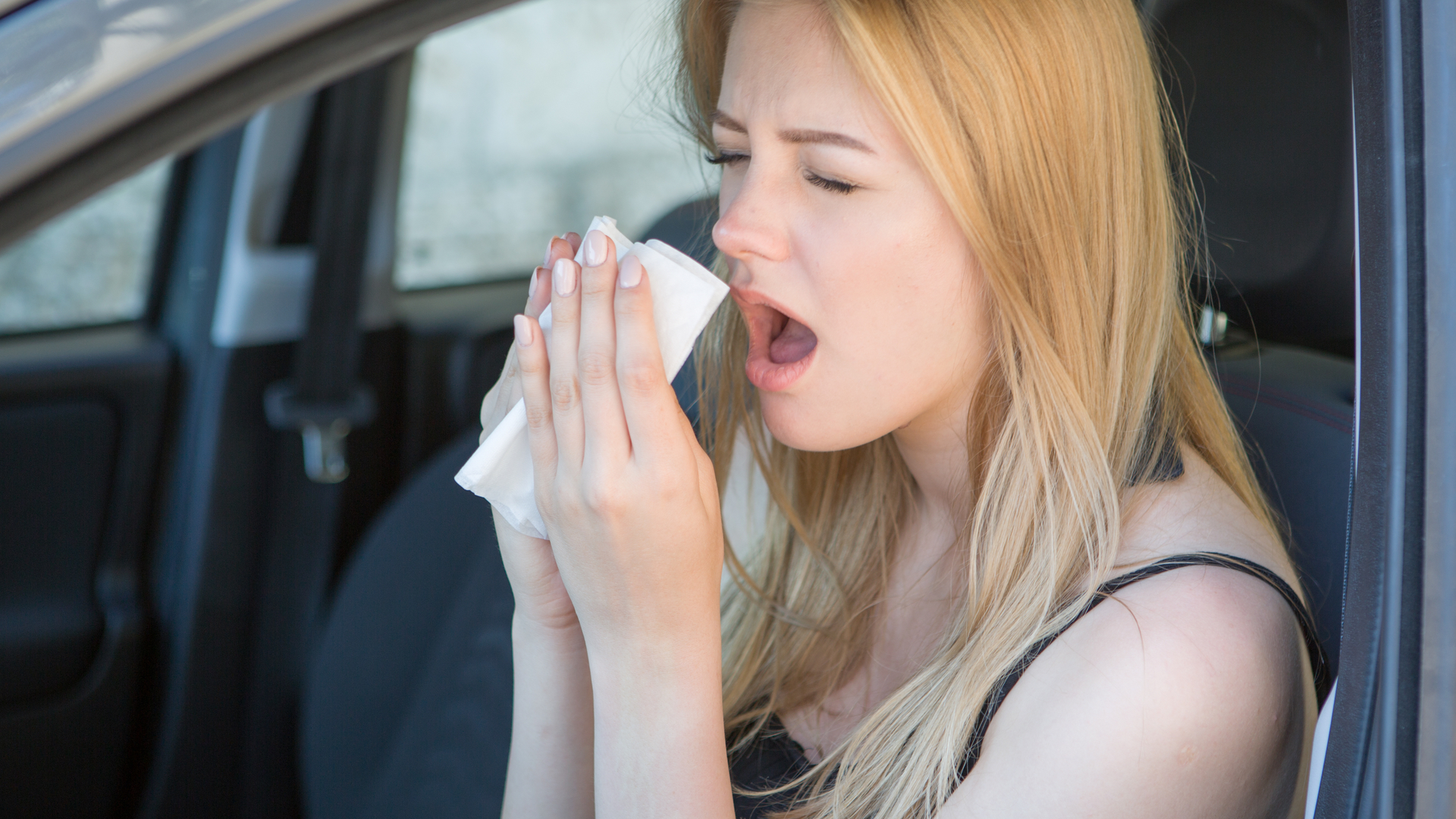
Motorists are being warned about the dangerous effects some medications can have on driving.
Even cold and flu treatments can cause drowsiness, reducing a driver’s ability to concentrate on driving. Not only is this dangerous, but drivers could be charged with a criminal offence.
It’s illegal in England, Scotland and Wales to drive with legal drugs in your body if it impairs your driving.
Over-the-counter medication is covered by the same drug-driving laws as illegal substances such as cocaine and cannabis, so drivers are advised to study the list of prescription medicines affected by the legislation (see below).
The police can stop drivers and demand a ‘field impairment assessment’ if they suspect drugs have been taken. If they deem a motorist to be unfit to drive, they’ll be arrested and will have to take a blood or urine test at a police station.
‘Read the label’

GEM road safety officer Neil Worth said: “You may not be aware that your driving can be compromised by medicinal drugs. Therefore you could be breaking the law without realising.
“A conviction for drug driving carries a minimum one-year driving ban, an unlimited fine and up to six months in prison. You will have a criminal record that means you may have trouble getting a job or travelling overseas. Even once you are able to get your licence back, it will be endorsed for 11 years.
“So we cannot stress enough the importance of reading labels and seeking advice from healthcare professionals before driving. If you find that a specific remedy is likely to make you drowsy and impair your driving, then you must not drive after taking it. If you need to drive, make sure you ask a healthcare professional for a medicine that will not cause drowsy side-effects.”
Prescription medicines affected by the law

Motorists should consult a doctor about whether they should drive if they’ve been prescribed any of the following drugs:
- Amphetamine, for example dexamphetamine or selegiline
- Clonazepam
- Diazepam
- Flunitrazepam
- Lorazepam
- Methadone
- Morphine or opiate and opioid-based drugs, for example codeine, tramadol or fentanyl
- Oxazepam
- Temazepam
Drivers are permitted to drive after taking these drugs IF:
- They’ve been prescribed them and followed advice on how to take them by a healthcare professional.
- They are not making a driver unfit to drive – even if they’re above the specified limits.
GEM has produced a fact sheet on the dangerous effects some medicines can bring. This can be downloaded here.